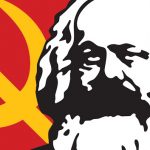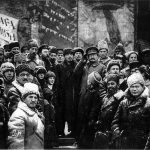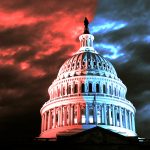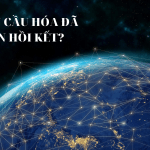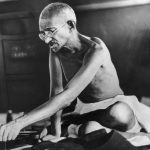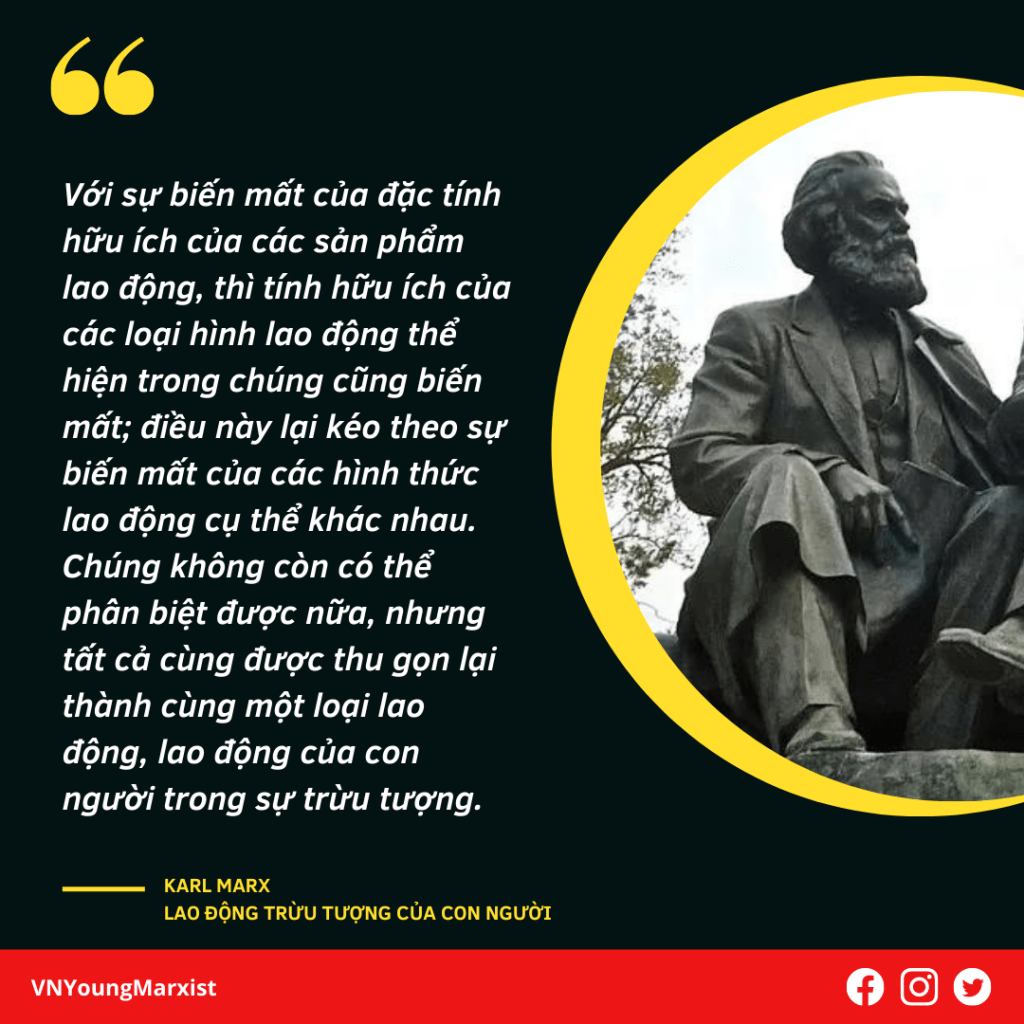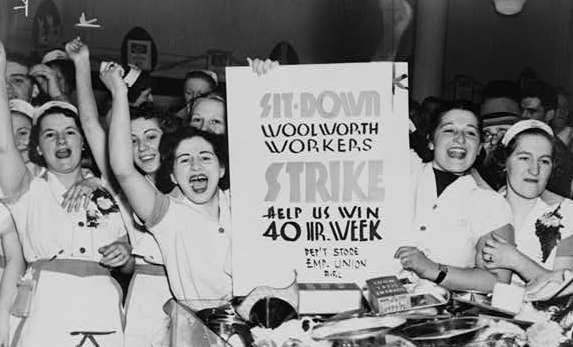SUMMARY OF THE MEETING PRESENTED BY PROFESSOR PETER HUDIS ON “CRITIQUE OF ZIONISM FROM A JEWISH LEFT PERSPECTIVE”
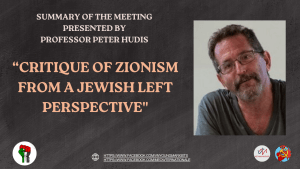
——— Summary ——-
Professor Hudis criticized Israel’s response to the Hamas attack, accusing it of engaging in indiscriminate slaughter and accusing it of committing genocide. He argued that Israel’s actions contradicted the lessons of the Jewish Holocaust (from now on referred to as the Holocaust), emphasizing the importance of preventing genocide against any group of people, not just Jew. He claimed that Israel’s occupation of Arab territories dehumanized the occupiers and damaged the souls of the Jewish people, comparing it to the physical damage caused by the Holocaust. Professor also asserted that Zionism should not be equated with Judaism or Jewish identity, but the state of Israel as well as professor’s supporters deny this distinction. Professor believes that social justice, which has been historically important to Judaism, is being overshadowed by the actions of the state on behalf of the Jewish people. Professor concluded by stating that the struggle for Jewish self-determination and Zionism are not synonymous.
Next, professor argued that the connection between Jews and Jerusalem was historically religious in nature rather than tied to Zionism. Pious Jews associate the return to Jerusalem with the coming of the Messiah, while secular Jews see no significance in returning to the city and focus on achieving the liberation of the diaspora. The majority of Jews opposed Zionism before the 1940s, and a significant minority still oppose it today.
Professor suggested that Israel and its allies were weaponizing accusations of anti-Semitism to silence critics, including Jews who oppose Israel’s policies. He acknowledged that anti-Semitism is a growing problem worldwide, but said much of it stems from right-wing individuals who support Israel. This phenomenon is called “Zionist anti-Semitism”. Professor claims that labeling any criticism of Israel as anti-Semitic actually promotes anti-Semitism by equating opposition to Israeli occupation with hatred of Jews Thai. Professor gives the example of a far-right terrorist who is both anti-Semitic and pro-Israel, viewing the state of Israel as a safeguard against Muslim expansion. Professor concluded that the narrative linking opposition to Israel to hatred of Jews could mislead Palestinians and others into believing that professor must hate Jews based on professor’s opposition to the Israel’s actions.
Professor Hudis offers an explanation of the origins of Zionism. It emerged in the late 1800s as a reaction against growing anti-Semitism, especially the racialized form of anti-Semitism that targeted all those of Jewish descent. Thais, regardless of whether they convert or not. However, not all Jews accepted Zionism; Many other alternatives such as Jewish cultural autonomy or the end of capitalism have been proposed to combat anti-Semitism. Furthermore, the early Zionists were aware that their views were unpopular, so they sought alliances with imperial powers such as the Ottoman Empire, Tsarist Russia, and eventually was the British Empire, leading to the Balfour Declaration of 1917 supporting the establishment of a Jewish homeland in Palestine. Professor Hudis also emphasized that the Zionist movement is not a homogenous bloc; some advocate the creation of a Jewish-Palestinian bi-state, while others, such as right-wing Zionists, promote the ethnic cleansing of Arabs. Right-wing Zionism gained influence over time, leading to the rise of the Likud party in Israel. The Palestinian land grab damaged the Zionist project and led to the tragedy of the oppressed becoming the oppressors. Professor Hudis also strongly emphasized that the formation of Israel was not the result of a Western conspiracy, but that Britain and America also had a complex and volatile relationship with Zionism. What is overlooked, however, is the Soviet Union’s role in the creation of Israel, which initially supported the country due to the presence of a strong Communist Party in Israel and opposition to anti-Communist Arab regimes. However, the Soviet Union later moved to support the Arab side.
The Nakba of 1948, which displaced hundreds of thousands of Palestinians, followed by Israel’s alliances with France, Britain and then the United States, pushed Zionism further to the Right. The occupation of Palestinian territories and discriminatory policies have transformed an oppressed minority into an oppressive power. Israel’s destruction of Gaza is considered the culmination of this process. Professor also wanted to emphasize that Hamas’s attack on Israel deserves condemnation, and is a crime against humanity, and that Hamas should not be assumed to be a viable alternative to the Communist occupation. Zionist. However, it is important to remember that Israeli policies have contributed to the current situation by stifling independent Palestinian voices. Both Jews and Palestinians must find ways to coexist peacefully, recognizing each other’s equal rights and rejecting domination or exploitation. Professor Hudis ends with a quote from Frantz Fanon: Hatred, resentment and “a legitimate desire for revenge” cannot be the protein that nourishes a war of liberation. These rays of consciousness pushed my body into a zone of chaos…making me demand the blood of others. This explosion of passion in the opening stages will disintegrate if it is left alone and allowed to die out on its own. Of course, the countless abuses of colonial forces reintroduced emotional elements into the struggle, giving the warrior new reasons to hate and new reasons to set out in search of ‘ colonists to kill’. Yet day by day, leaders will realize that hatred is not a viable agenda.”
—————– ANSWER AUDIENCE’S QUESTIONS ————
AUDIENCE: Can you explain how Israeli Zionists became so radicalized? How did the spread of Zionism prevent them from seeing the parallels in their own history (i.e. the Holocaust)?
PETER HUDIS: There are many ways to approach this question, but I will only focus on one aspect, and that is the state of Apartheid that is being maintained by Israel, which is the clear racial division between people. Palestinians and Jews in much of Israel. In fact, it can be said that the situation of racial discrimination in Palestine was even more serious than the situation in South Africa during the Apartheid period, because at least South African black people at that time, despite being racially separated, could still do things. jobs in white areas. In Israel, there is both racism and many Palestinians are not allowed to work in Jewish areas. This leads to a complete separation between the two communities, and this separation makes it very easy for Jews to dehumanize Palestinians, and that is exactly what happened after October 7.
AUDIENCE: Can you explain more about the decline of the Zionist left in Israel?
PETER HUDIS: The war of 1967 was a pivotal moment. After Israel won victory over the armies of four Arab countries in this war, they controlled territories of religious importance such as the West Bank, the Golan Heights, the Gaza Strip and the entire peninsula. Sinai. What not many people actually know is that before this period, it was Zionist leaders such as Ben-Gurion (who considered himself a leftist) and Moshe Dayan who were very opposed to the occupation of Gaza and the West Bank after the victory of Israel. The reason is because they do not know how to maintain a democratic state, or at least have a democratic face, while also annexing more than 2 million Palestinians. Yet the euphoria of Israel’s victory, coupled with its occupation of ancient Jewish lands, made the right-wing Zionist argument more convincing in the eyes of the public, and thus leading to the decline of the Zionist left.
AUDIENCE: In your opinion, do you think the 1993 Oslo Accords brought disadvantages or opportunities to the Palestinians?
PETER HUDIS: The Oslo Accords are complex, but it can be seen as an event that helped open the door to the peace process. This can be seen when the Palestine Liberation Organization (PLO) finally recognized the existence of Israel. However, the Oslo Agreement has not resolved two key issues: first is the issue of illegal settlers in the West Bank, and second is the issue of Jerusalem. The issue of Jerusalem is especially serious, because all forms of independent Palestinian state demand that Jerusalem be their capital. If this requirement is not met, no proposal can be accepted by the Palestinians. Yasser Arafat, president of the PLO, was close to reaching an agreement on an independent Palestinian state with Jerusalem as its capital, but the agreement was not approved by Bill Clinton. And from then on, there was no further progress in the process of agreement between the State of Palestine and Israel. Even the Israeli government under Netanyahu has continuously blocked all agreements that could lead to a two-state solution.
AUDIENCE: According to professor, should leftists severely criticize the Soviet Union for supporting the establishment of the state of Israel?
PETER HUDIS: Of course! As I said in my speech, the Soviet Union was one of the countries that supported the establishment of the state of Israel when it was first born. If we criticize Western colonial imperialism for establishing Israel, then we must criticize the Soviet Union for doing the same, otherwise we will become hypocrites again. Even the actions of Russia and the actions of the state of Israel are very similar, because both are violating international law by occupying territory, and both are bombing innocent people, including children, and they also attacked hospitals. In general, the Soviet Union’s policy towards Israel at that time did not have much to praise, even after they turned to support the Arab countries.
AUDIENCE: In addition to demanding a permanent ceasefire and unlimited aid to Gaza, it seems unlikely that the fighting will stop without Israel “immediately, unconditionally withdrawing” from both Gaza and West Coast. What do you think about adding this condition to the immediate demands of the anti-war movement?
PETER HUDIS: I completely agree with this request. The request for a limited-term ceasefire, which many people are supporting, is a reasonable first step, because a ceasefire must be achieved to prevent genocide. But it must be noted that this is the initial condition, but we must do more than what you suggested, which is to withdraw troops from Gaza and the West Bank to achieve lasting peace. However, this is extremely difficult, because the 800,000 illegal settlers in the West Bank are the most reactionary, racist people I have ever met. Furthermore, they are armed and do not want to leave the settlements they established illegally. Therefore, withdrawing troops from Gaza and the West Bank could lead to civil war within Israel between the government and the settlers. If there is a civil war, I think this is a legitimate civil war, but it is very unlikely. For this reason, I think this problem is extremely complicated, and very difficult to solve.
AUDIENCE: How can we support South Africa’s case against Israel at the ICJ, professor?
PETER HUDIS: The important thing we should do is debunk the Israeli argument that there is no genocide taking place, and most importantly, reject the notion that this accusation of genocide is a criminal accusation. hatred of the Jews. In fact, according to the Jerusalem Convention on Anti-Semitism, actions or words opposing Zionism do not constitute anti-Semitic behavior. Therefore, we should use this argument to support South Africa’s accusations. However, another thing to note is that South Africa is one of the countries that supports Russia, and as I said above, Russia’s behavior is no different from Israel’s behavior. Therefore, consideration and criticism are needed when supporting this South African lawsuit.
AUDIENCE: Professor, are there many Israelis protesting the genocide taking place in Gaza?
PETER HUDIS: I’m very sorry to say no. Raya Dunayevskaya, the Jewish Marxist theorist who also directly guided me, said that “war and the Holocaust solve nothing.” This means that those who are oppressed, including unprecedentedly brutal forms of oppression such as the Holocaust, will not necessarily resist this oppression in humane ways. In essence, many people may internalize this humanization of oppression and push it onto others. This is similar to the phenomenon of many victims of violence later becoming perpetrators of violence. Frantz Fanon also made this point in his book The Wretched of the Earth. In this book, Fanon argues that liberation does not necessarily lead to empathy, humanity, and a new social revolution.
AUDIENCES: Many Vietnamese people today support the Israeli Government’s attack on Gaza on October 7, so they think that Gaza/Palestinians are Hamas, and Hamas is terrorist, so they never support the liberation movement. of the Palestinians. So, according to professor, what should we do to raise the issue of supporting Palestinians in Vietnam and oppose these views?
PETER HUDIS: The first thing I have to emphasize is that we cannot argue against the view that Hamas’ actions on October 7 were acts of terrorism, because that is the truth. They slaughtered innocent people, including children, and there is a lot of evidence that this is undeniable. Even the Houthi elements attacking Israeli ships in the Black Sea are not ones to support, because of their slogan (Allah is the greatest, down with America, down with Israel, curse the Jews, Islam will win) is anti-Semitic. However, we can respond to them by bringing up the fact that Israel contributed to the creation of Hamas. Specifically, they have introduced policies to maintain the existence of Hamas, as well as providing them with money and weapons. Israel does this to tarnish the image of the Palestinian independence movement and destroy all voices opposing Palestinian independence. And this action of its contributed to the events of October 7. So I think Israel is digging its own grave if it lets this continue.
AUDIENCE: What do you think about the situation of illegal settlers in the West Bank? According to professor, how can we prevent them from continuing to steal Palestinian land?
PETER HUDIS: What’s important to know about the settlers is that many of them were Orthodox Jews, or Haredi Jews. After the Jewish genocide, they considered it their destiny to have as many children as possible to maintain their race. Therefore, they are the group with the fastest growing population in the Middle East, and this also explains why the number of settlers has increased to the current number of 800,000 people. In addition, they are very religious, and they consider that the land they are settling in is God-given land, so they will not leave. Another difficulty is that they are also equipped with guns to defend themselves and are also protected by the Israeli army. This creates a true Apartheid situation in the settlements, where the Palestinian population is completely separated from the Jewish settlers, and this separation is maintained by the Israeli government. Forcing settlers to leave is not without precedent, because in 2005, Israel withdrew its troops from Gaza and dissolved all settlements. However, although the number of settlers was only 8,000, the removal of the settlements caused serious internal divisions within Israel, and the situation was so tense that the interim government almost collapsed. Therefore, this makes solving the settlement problem very difficult. However, this must be done, because pro-settler policies are damaging Israel’s own national interests, and because this will help advance the long-term peace process.
VIDEO: https://www.youtube.com/watch?v=2V90aoufiAo
Mèo Mju kêu meo meo
